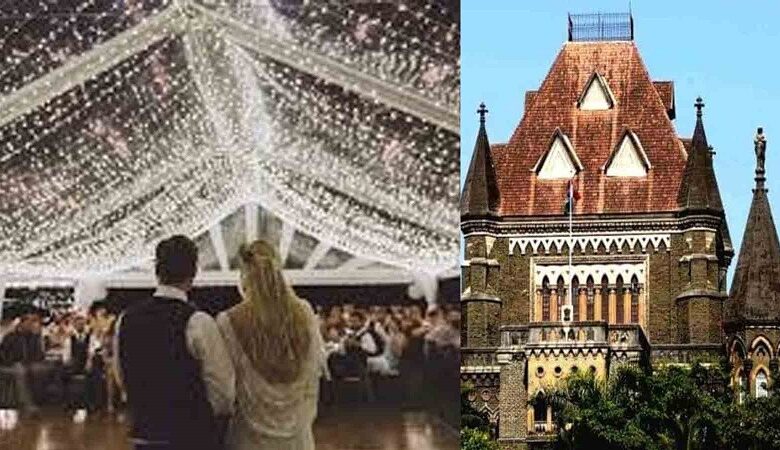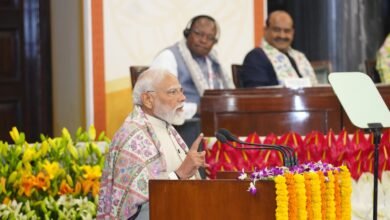
News Mania Desk /Agnibeena Ghosh/18 April 2024
In a significant ruling, the Bombay High Court declared that a wedding reception cannot be construed as an integral aspect of marriage ceremonies. Consequently, the jurisdiction to file a divorce petition is determined by the location of the marriage ceremony, rather than where the wedding reception was hosted.
The case in question involves a couple who underwent a marriage ceremony in Rajasthan, before organizing a reception in Mumbai. Following their relocation to the United States and subsequent marital discord, the husband initiated divorce proceedings in Mumbai. However, the wife contested the jurisdiction of the Mumbai family court, arguing that their last place of cohabitation was in the US, not Mumbai.
The verdict was delivered by Justice Rajesh Patil, who overturned an earlier ruling by a family court in Mumbai issued in April 2022. The family court had asserted its jurisdiction over a divorce petition filed by a husband, citing the occurrence of the couple’s wedding reception in Mumbai, despite the marriage ceremony taking place in Jodhpur, Rajasthan.
Justice Patil, in his comprehensive 21-page order, emphasized the distinction between wedding rituals and post-ceremony celebrations. “In my view, there can’t be any doubt that a wedding reception can’t be called as a part of the marriage ritual,” he stated unequivocally.
Providing context to the case, the couple had solemnized their marriage in accordance with Hindu Vedic rites in Jodhpur, Rajasthan, in 2015. Subsequently, they organized a reception in Mumbai, followed by a brief stay at the husband’s parental home in the city before relocating to the United States. However, marital discord emerged, leading to the couple’s separation in the US from October 2019 onwards. In August 2020, the husband initiated divorce proceedings before the family court in Mumbai, citing cruelty under the Hindu Marriage Act.
Four months later, the wife filed a divorce petition in a US court, which remains pending. Additionally, she challenged the jurisdiction of the Mumbai family court to adjudicate her husband’s divorce plea through an application, which was dismissed. Subsequently, she appealed to the High Court, contesting the family court’s decision.
Upon review, the High Court sided with the wife, overturning the family court’s ruling. The bench acknowledged that the couple’s last place of cohabitation was in the United States, not Mumbai, indicating that the Mumbai family court lacked jurisdiction over the divorce matter.
Crucially, the court considered the couple’s intentions, noting that neither party had expressed any inclination to return to India, as they were actively pursuing Green Cards. This factor further reinforced the conclusion that the US, not Mumbai, was their primary residence.
The recent ruling by the Bombay High Court regarding the jurisdictional aspects of divorce petitions has sparked considerable discussion and debate within legal circles. The court’s decision, delivered by Justice Rajesh Patil, marks a significant departure from previous interpretations, particularly in the context of wedding receptions and their relation to marriage ceremonies.
At the heart of the matter lies the question of whether a wedding reception can be considered an integral part of marriage rituals for the purpose of determining jurisdiction. Justice Patil’s ruling unequivocally states that the location of the marriage ceremony, rather than the venue of the reception, holds sway over jurisdictional matters in divorce cases. This nuanced interpretation sheds light on the intricate legal considerations surrounding divorce proceedings and underscores the need for clarity in defining the parameters of marriage-related events.






